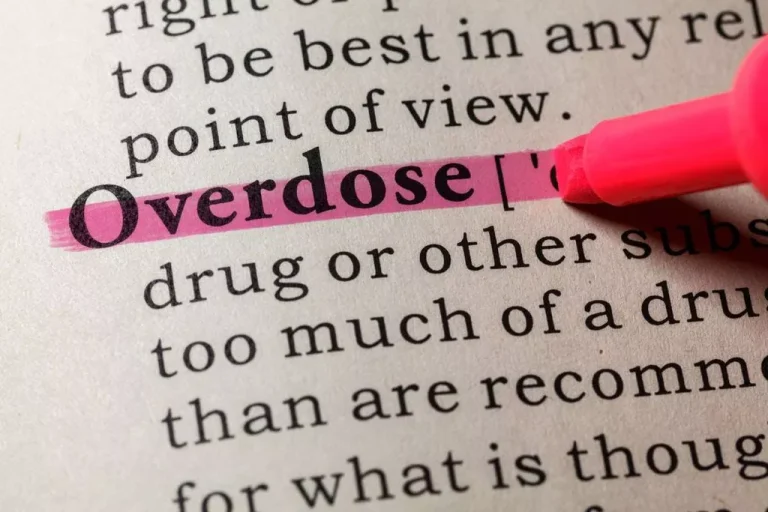Alcoholic Narcissist: How the Two Conditions Are Related

With both conditions, the benefits of therapy depend on your willingness to work on yourself. People with NPD tend to have difficulty receiving criticism from others, and as such, they might find it difficult to commit to psychotherapy and lifestyle changes. It’s possible for people with AUD to successfully stop using alcohol when they have the right support and treatment. They might infrequently have bouts of excessive drinking, for example, but find that it doesn’t affect their life and that it’s easy to cut back on alcohol (or to stop drinking entirely). These overlapping traits can make it hard to distinguish alcohol misuse from narcissism.

abusive behaviors covert narcissists may engage in
Overt behaviors are those that can be easily observed by others, such as those of the traditional narcissist described earlier. Covert behaviors, however, are those that are more subtle and a bit less obvious to others. For instance, NPD and AUD both involve psychotherapy, but the formats for each can vary. For NPD, it may involve individual or group counseling using cognitive behavioral therapy, schema-focused therapy, and dialectical behavior therapy.
- Playing the victim may involve saying or acting like you’ve caused them harm and implying that you need to repair the damage.
- NPD typically involves insecurity and an easily damaged sense of self-esteem.
- Their gratification may be indirect through their emotional investment in someone they admire.
- Acknowledging each other’s feelings and viewpoints can help build trust and strengthen the foundation of the relationship.
Codependency and Enabling Behavior
Although alcohol misuse and AUD can cause someone to display narcissist-like behavior, this behavior might change when they’re sober or in recovery. Alcoholism, or alcohol use disorder (AUD), is an addictive disorder where people cannot control or stop their use of alcohol. People with AUD may be unable covert narcissism and alcoholism to reduce or stop drinking despite experiencing the negative effects of alcohol or a desire to quit. There are also resources available for people who are in a relationship with a covert or overt narcissist. Consider visiting the Narcissist Abuse Support organization to find information and resources.

How do you know if you’re a covert narcissist?
One of the ways covert narcissists may express this resentment is by using silent treatment. Little is known about narcissism and drinking in college students, a population that is at high risk for alcohol-related problems. No studies examined associations between narcissism and alcohol problems, problem expectancies, problem evaluation and readiness to change. An overt narcissist wears their need for admiration, validation, and sense of self-importance on their sleeve.
Are Alcoholics Usually Narcissists?
They fear exposure and strive to evade rejection or criticism, often perceiving any critique as a personal affront. To manage a relationship with individuals exhibiting these traits, https://ecosoberhouse.com/ it’s essential to distinguish between behaviors stemming from BPD and those from NPD. By recognizing these patterns, we can better navigate the complexities of the relationship.

A narcissistic personality is characterized by grandiosity, self-absorption, and a lack of empathy. Meanwhile, alcoholism is an addiction to alcohol that adversely affects a person’s physical and mental health. You can take control of your own life and decide what you’re willing to tolerate and not tolerate. From this place, you can hold the covert narcissist responsible by consistently setting limits.
- Their lack of empathy for the mistreated parent and denial of responsibility contribute to the toxic dynamics within the family.
- This negative self-image they project onto others can lead to the formation of toxic relationships, especially when paired with individuals suffering from Borderline Personality Disorder.
- You might also consider seeing a therapist who can provide you with coping tools and a means to sort out your feelings.
- People with covert narcissism often use several tactics to gain control over others in a relationship.
- To address narcissistic traits in either type, setting clear boundaries is crucial to protect yourself from emotional harm.
- Both NPD and AUD are mental health conditions classified in the Diagnostic and Statistical Manual of Mental Disorders, 5th Edition (DSM-5).
- Shaming is a tactic that narcissists may use to secure their sense of an elevated position in relation to others.
- Alcoholism refers to a chronic disorder characterized by an inability to control or stop drinking despite negative consequences.
- Your mental health is a priority, and it’s essential to honor and respect your feelings and boundaries.
It’s essential to seek support from friends, therapists, and support groups to navigate the complexities of covert narcissistic parental alienation. Understanding these behavioral patterns is crucial in addressing the complexities of coexisting alcohol addiction and covert narcissism. By recognizing these signs, individuals can seek appropriate support and interventions to navigate the challenges posed by this dual diagnosis.